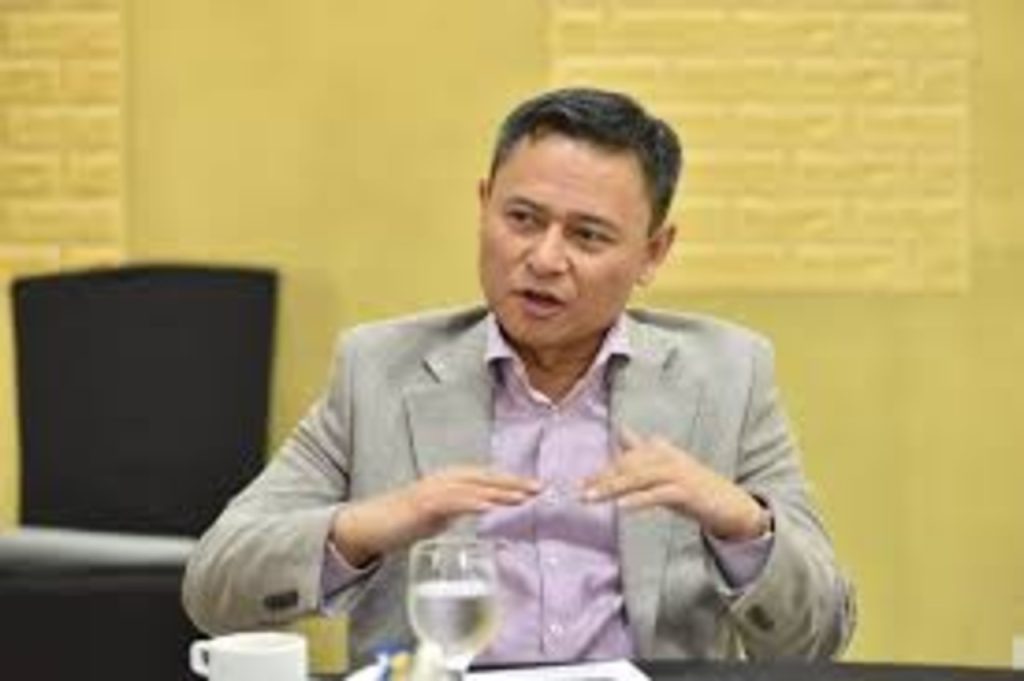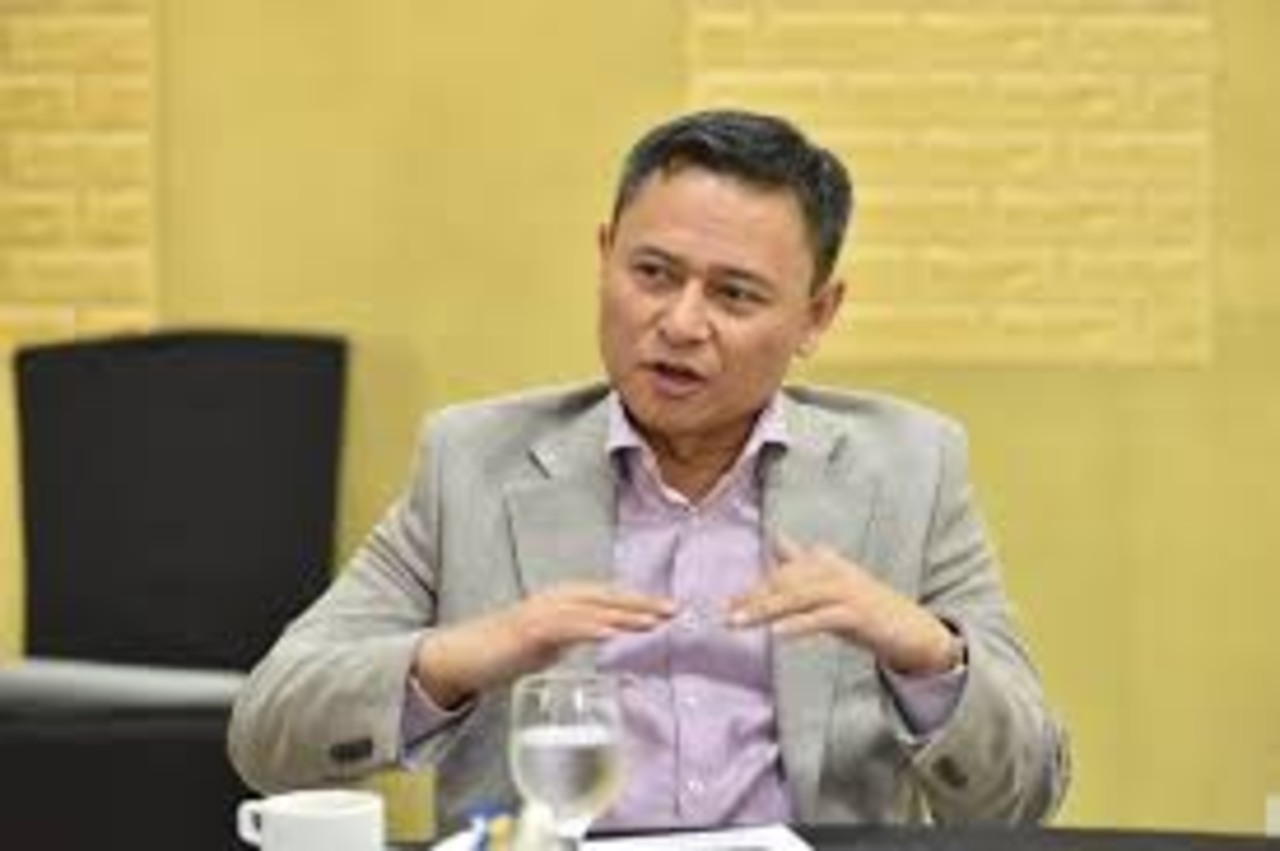In a push to elevate the quality of Philippine education, Education Secretary Sonny Angara recently advocated for sending top Filipino students abroad through government-sponsored scholarships. This proposal follows findings by the Second Congressional Commission on Education (EDCOM 2), which revealed that only 1% of the nation’s “best and brightest” students benefit from state-funded science programs and science high schools.

During an October 25 interview with OneNews’ Thought Leaders, Angara emphasized the need for the Philippine government to invest in scholarships for students abroad, echoing successful initiatives by neighboring countries. The education secretary met on October 16 with a delegation from Millersville University of Pennsylvania, led by President Dr. Daniel A. Wubah, and Thames International President Joel Santos to explore potential partnerships to improve educational outcomes in the Philippines.
Focusing on Quality Over Access
The education system in the Philippines has long prioritized expanding access to education, Angara noted. However, he argued that this emphasis has sidelined quality, impacting the competitiveness of Filipino students on a global scale.
“Because we wanted to make sure everyone had access to education, we forgot about pushing the envelope of quality,” Angara stated. He acknowledged that the government’s limited focus on high-quality science programs is a significant roadblock to maximizing the potential of the country’s most academically gifted students.
According to EDCOM 2 Executive Director Karol Yee, only 1.03% of the country’s 27 million students are enrolled in specialized science programs. This includes students attending the prestigious Philippine Science High School System, which is run by the Department of Science and Technology (DOST). Yee cautioned that limited slots in these programs may prevent thousands of talented Filipino students from accessing high-quality education that could lead them to success in science, technology, engineering, and mathematics (STEM) fields.
A New Vision for Scholarship: Learning from Regional Success
Drawing inspiration from countries like Singapore, where many leaders received government-funded scholarships to study at prestigious universities abroad, Angara highlighted the importance of investing in the education of promising students. He proposed a modern version of the historic Pensionado program, which funded Filipino scholars to study in the United States during the colonial era.
“We had a program like that called the Pensionados for government scholars, but we kind of forgot about it,” Angara explained. This program, active from 1903 to 1943, was once the largest U.S. scholarship initiative before the Fulbright program, producing Filipino graduates who became leaders in public service and academia.
During his first Senate term in 2013, Angara championed a bill that would send talented Filipino professionals abroad with government financial support, allowing them to bring back global expertise to benefit the Philippines. He noted that while Filipino students may not have traditionally pursued international study, the time has come to promote “a more international perspective” and greater cultural awareness among students.
Expanding the Reach of Science Education
A broader implementation of special science programs within the Philippines is also in the pipeline, according to Angara. In preparation for the next Programme for International Student Assessment (PISA) in 2025, the Department of Education (DepEd) is rolling out nationwide special science curricula that aim to enhance students’ proficiency in science, math, and reading. EDCOM 2 findings show that the Philippines currently supports only the top 1% of its high-performing students, whereas other countries provide resources for the top 3% to 10%.
The 2018 PISA results were sobering for the Philippines, revealing that only a quarter of students achieved the minimum proficiency in all tested subjects. However, students from two specialized science high schools, Pasig City Science High School and Regional Science High School for Region VI, performed above the Organisation for Economic Co-operation and Development (OECD) average, illustrating the potential impact of focused science education.
Yee emphasized that expanding these specialized programs could help improve the Philippines’ international education rankings, a significant step toward addressing the nation’s chronic lag in science, mathematics, and reading.
The Path Forward
In tandem with advocating for a study abroad scholarship for Filipino students, DepEd and EDCOM 2 are working together on broader educational reforms aimed at improving academic quality at home. EDCOM 2’s recently released Year One Report underscores that closing gaps in the current system will require a coordinated national strategy, integrating the efforts of DepEd, the Commission on Higher Education (CHED), and the Technical Education and Skills Development Authority (TESDA).
“As we embark on the remaining two years of EDCOM, our resolve is even stronger,” said EDCOM Co-Chair Senator Win Gatchalian, adding that a renewed focus on STEM fields and teacher specialization will be critical to transforming the system.
If implemented, Angara’s call to establish scholarships for Filipino students abroad could reshape the future of education in the Philippines, cultivating a new generation of globally competitive graduates poised to address the country’s most pressing challenges.
Watch this video from GMA News and learn more about how EDCOM 2 helps revive the learning issues in the country:
